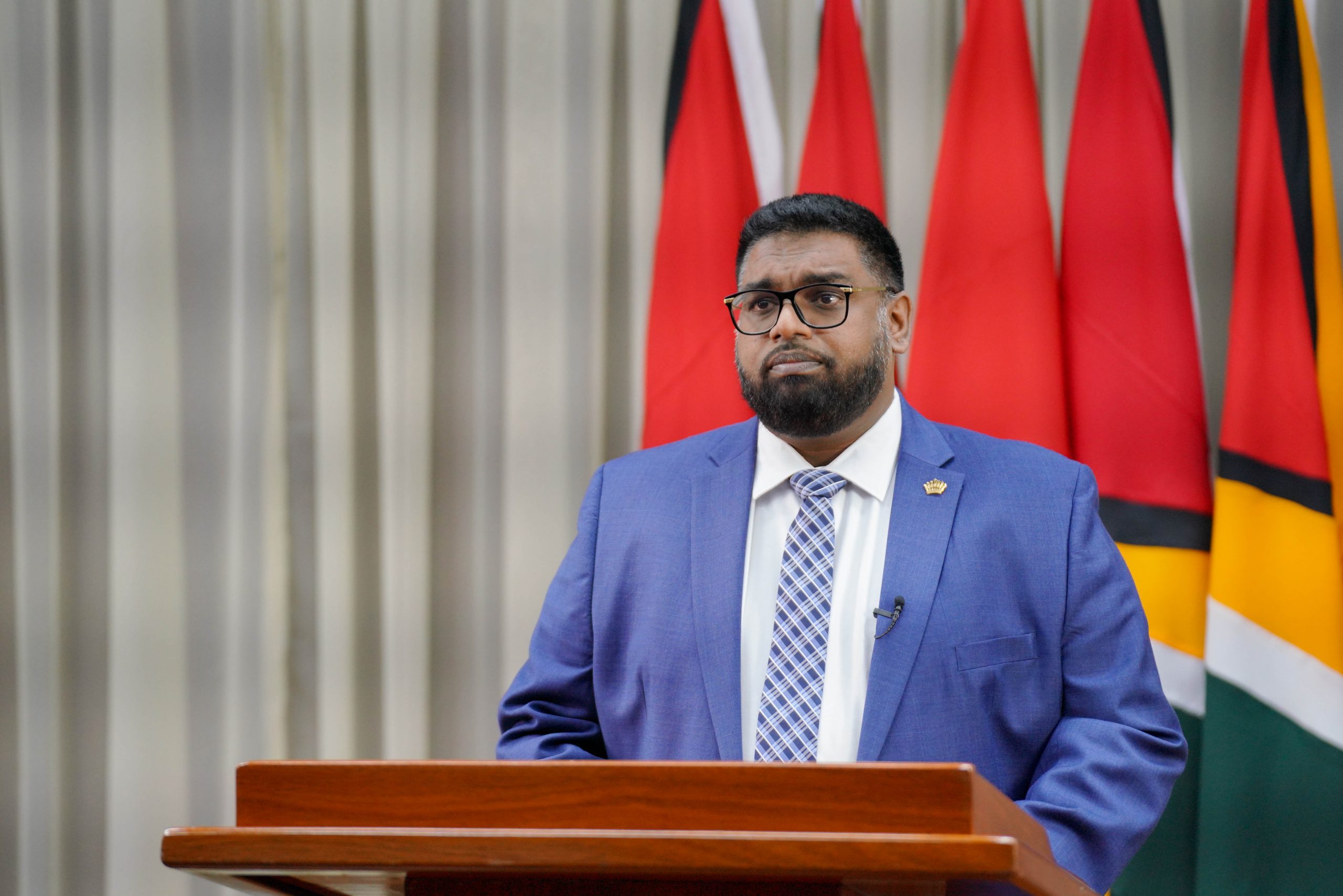
I welcome this Global Roundtable on the Extractive Industries, which emphasises the urgent need to ensure that the post-pandemic recovery does not eclipse the commitments made by many nations under the Paris Agreement on climate change and the Sustainable Development Goals. Combatting the climate crisis and guaranteeing sustained livelihoods are critical to the success of post-pandemic recovery.
The extractive sectors are pivotal to the post-pandemic recovery. I do believe that there is a model for sustainably developing these sectors in a manner that would contribute to mitigating climate change. I wish to share with you, briefly, one such model which Guyana is pursuing.
For many small states like my country, Guyana, the extractive sectors remain an important economic lifeline. They are vital sources of investment, growth, and foreign exchange to support the livelihoods of large numbers of our citizens. Nevertheless, we also recognise the imperative of mainstreaming environmental protection and sustainable practices within those sectors.
Guyana’s Low Carbon Development Strategy (LCDS) prioritises actions and “aims to transform Guyana’s economy on to a low carbon, sustainable development trajectory, while simultaneously combatting climate change.” By adopting this strategy, Guyana’s forests will continue to provide environmental services to help in mitigating climate change.
The LCDS promotes the sustainable development of our extractive sectors in order to ensure low levels of deforestation and forest degradation. The ‘Strategy’ is an example of the type of action being taken by small states to help reduce their carbon footprint and provide the world with environmental and ecosystem services, whilst fostering sustainable development.
The success of our efforts, like those of other small states, will depend on the degree of international support received, especially in terms of financing for development and climate action. Without greater access to financing, efforts by small states to meet their commitments under the Paris Agreement on climate change and the Sustainable Development Agenda, will be derailed.
Guyana, therefore, takes this opportunity to reiterate its appeal for:
- the full implementation of the Addis Ababa Action Agenda of the Third International Conference on Financing for Development;
- greater grant-based financing for adaptation, and the establishment of a Climate Change Vulnerability Fund;
- greater ambitions under the National Determined Contributions of the Paris Agreement on climate change; and
- the operationalising of the REDD Plus Mechanism for trading in carbon credits.
The convening of this Roundtable is an acknowledgement of the importance of the extractive sectors to global recovery.
With the support of the international community, including the United Nations system, the extractive sectors can provide the surety that post-pandemic recovery does not derail sustainable development or the efforts to stem the climate crisis.
I thank you.
